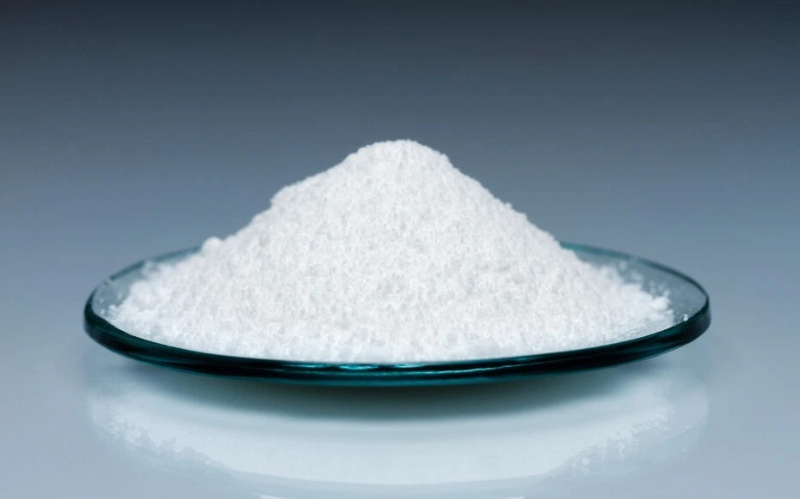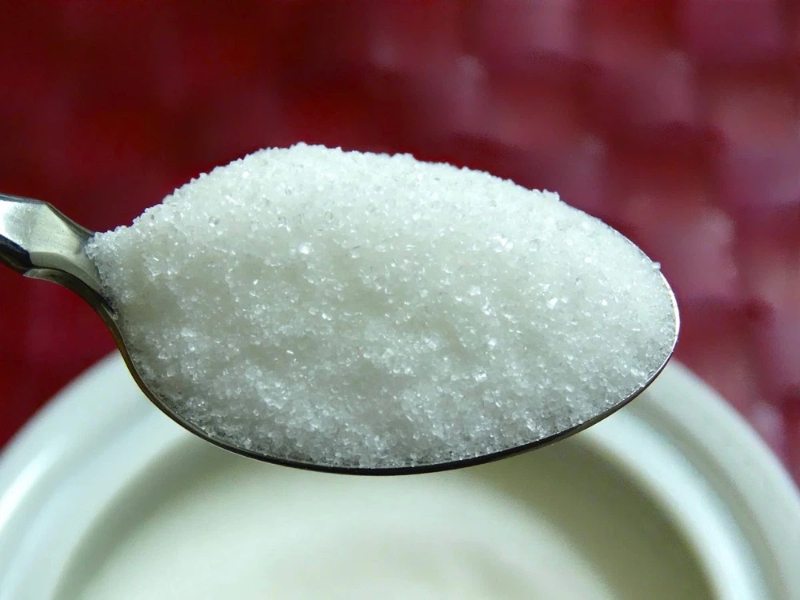







Content Menu
● Why Do Soda Manufacturers Use Aspartame?
● Popular Sodas Containing Aspartame
● Health Considerations of Aspartame in Soda
● Comparison: Aspartame vs Other Sweeteners in Soda
● Manufacturing and Environmental Aspects of Aspartame
● Aspartame in the Context of Consumer Trends
● How to Identify Aspartame in Sodas
● FAQ
>> 1. What soda brands contain aspartame?
>> 2. Is aspartame safe for everyone to consume?
>> 3. How does aspartame compare to sugar in sodas?
>> 4. Can drinking soda with aspartame cause health problems?
>> 5. Does aspartame affect the taste of soda?
Aspartame is a widely used artificial sweetener popular in many diet sodas and beverage products designed for people seeking low-calorie or sugar-free alternatives. This article explores which sodas contain aspartame, its role in sweetening, health considerations, manufacturing details, and how it compares to other sweeteners. It includes detailed explanations and a FAQ section to answer common questions about aspartame in sodas.

Aspartame is a low-calorie artificial sweetener approximately 200 times sweeter than sugar. It is made from two amino acids, phenylalanine and aspartic acid, and is used extensively in the food and beverage industry to provide sweetness without the calories associated with sugar.
Aspartame is especially common in diet sodas, sugar-free chewing gums, and tabletop sweeteners because it helps reduce calorie content while maintaining sweetness. When consumed, aspartame is broken down into its amino acid components and a small amount of methanol, all of which occur naturally in many common foods.
Soda companies use aspartame primarily to offer sugar-free or low-calorie alternatives that cater to consumers aiming to reduce calorie intake, manage weight, or control blood sugar levels. Aspartame provides a sweet taste without the harmful effects of sugar, such as tooth decay or blood glucose spikes.
Aside from health considerations, the use of aspartame is advantageous because it does not raise insulin levels significantly, making it suitable for people with diabetes. It also helps manufacturers meet growing regulatory restrictions on sugar content in beverages, responding to consumer demand for healthier options.
- Provides sweetness without calories
- Helps regulate blood sugar levels in diabetics
- Maintains flavor profile similar to sugar
- Cost-effective for manufacturers
- Enables creation of zero- or low-calorie products
Many well-known soda brands incorporate aspartame in their diet or zero-calorie versions. Below is a list of popular sodas that typically contain aspartame:
- Diet Coke
- Coca-Cola Zero Sugar
- Pepsi Diet
- Pepsi Zero Sugar
- Sprite Zero
- Dr Pepper Diet
- Diet Mountain Dew
These products usually display aspartame or its E-number (E951) on their ingredient lists. It is important to check packaging if you need to avoid aspartame due to medical reasons.
Aspartame is also used in many other flavored diet sodas and sugar-free beverages globally, highlighting its widespread acceptance as a sweetening agent.

Aspartame activates the sweet receptors on the tongue, providing sweetness similar to sugar but without the calories. It dissolves easily in beverages and retains stability under typical soda storage temperatures, though it degrades more rapidly when exposed to heat or prolonged storage at high temperatures.
The perception of sweetness from aspartame also differs chemically from sugar because it activates sweet taste receptors more intensely, which is why only very small amounts are needed. This high sweetness potency makes it economically beneficial for beverage manufacturers.
Aspartame's structure allows it to blend well with other sweeteners and flavors, often in combination with acesulfame potassium (Ace-K), to provide a smooth and sugar-like taste that masks aftertastes sometimes found in alternative sweeteners.
Aspartame has been extensively studied for safety. Regulatory bodies worldwide including the U.S. Food and Drug Administration (FDA), the European Food Safety Authority (EFSA), and the World Health Organization (WHO) have concluded that aspartame is safe for the general population when consumed within recommended limits.
- It has almost no calories and aids in weight management when used as a sugar substitute.
- It does not cause tooth decay, unlike traditional sugar.
- Suitable for people with diabetes since it does not spike blood glucose levels.
- People with the rare genetic disorder phenylketonuria (PKU) must avoid aspartame because they cannot metabolize phenylalanine, one of its components.
- Some individuals report headaches or allergic-type symptoms, although scientific evidence for these claims is inconclusive.
- Aspartame should be consumed within the Acceptable Daily Intake (ADI), which is set at 40 mg per kilogram of body weight per day in Europe and 50 mg/kg/day in the U.S.
Despite its extensive safety profile, some consumers prefer natural sweeteners due to personal preferences or sensitivities.
| Sweetener | Calories | Sweetness Level | Common Usage | Notes |
|---|---|---|---|---|
| Aspartame | Near 0 | ~200 times sugar | Diet sodas, tabletop sweeteners | Breaks down with heat, stable at room temp |
| Sucralose | 0 | ~600 times sugar | Beverages, baked goods | Heat-stable, broad food industry use |
| Stevia | 0 | 200-300 times sugar | Natural sweetener sodas, teas | Plant-derived, sometimes has bitter aftertaste |
| Saccharin | 0 | 300-400 times sugar | Diet sodas | Older artificial sweetener, known for aftertaste |
Aspartame remains a preferred sweetener for many diet sodas because it delivers a sugar-like sweetness with minimal aftertaste, is cost-effective, and has been thoroughly studied for safety.
Aspartame is produced by chemically linking the amino acids phenylalanine and aspartic acid in a controlled industrial process. It is a highly purified product, ensuring consistency and safety for use in food and beverages.
From a sustainability perspective, responsible manufacturers aim to minimize environmental impact by optimizing production processes and managing waste. Facilities producing aspartame undergo strict quality control, complying with Good Manufacturing Practices (GMP).
Many beverage companies partner with suppliers who prioritize environmental stewardship and transparency to promote sustainability in the supply chain.
Consumer preferences are shifting towards natural and organic products; however, demand for low-calorie sweeteners remains strong due to ongoing public health concerns related to sugar consumption. Aspartame's role is evolving:
- It is often combined with natural sweeteners like stevia to achieve a balanced taste profile.
- Some manufacturers add small amounts of sugar or other polyols alongside aspartame to optimize flavor.
- Ongoing research explores novel sweetener blends to meet market demands for clean label and better-tasting products.
For consumers monitoring their intake of artificial ingredients, clear labeling and education about aspartame's safety help make informed choices.
Aspartame is listed on product labels either by name or by its food additive code, E951. When reading ingredient lists:
- Look for "Aspartame" or "E951"
- Check for warnings related to phenylalanine for individuals with PKU
- Identify if the product is labeled as diet, zero sugar, or sugar-free, as these versions often contain aspartame
Retailers and manufacturers provide information on their websites and packaging to support transparency regarding aspartame content.
Aspartame is a key artificial sweetener found in many diet sodas such as Diet Coke, Pepsi Diet, and Coke Zero Sugar, offering a sweet taste without calories. It is considered safe for the general public, except for individuals with phenylketonuria, and has been extensively studied for potential health effects. Aspartame's ability to deliver sugar-like sweetness at very low concentrations makes it invaluable to the beverage industry in reducing sugar content while maintaining flavor. As consumer interest grows in healthier beverage options, aspartame continues to play a crucial role alongside newer sweeteners and natural alternatives.

Most major diet or zero-calorie sodas, including Diet Coke, Pepsi Diet, Coca-Cola Zero Sugar, and Sprite Zero, contain aspartame as a sweetener.
Aspartame is safe for the general population but must be avoided by people with phenylketonuria (PKU) due to phenylalanine content.
Aspartame provides sweetness with almost zero calories, unlike sugar, which contributes significantly to calorie intake and blood sugar spikes.
Scientific evidence shows aspartame is safe when consumed within the established acceptable daily intake. Excessive consumption is discouraged but uncommon under normal dietary habits.
Aspartame closely mimics sugar's sweetness and helps maintain the familiar taste of sodas without calories, although some individuals might perceive a slight aftertaste.
